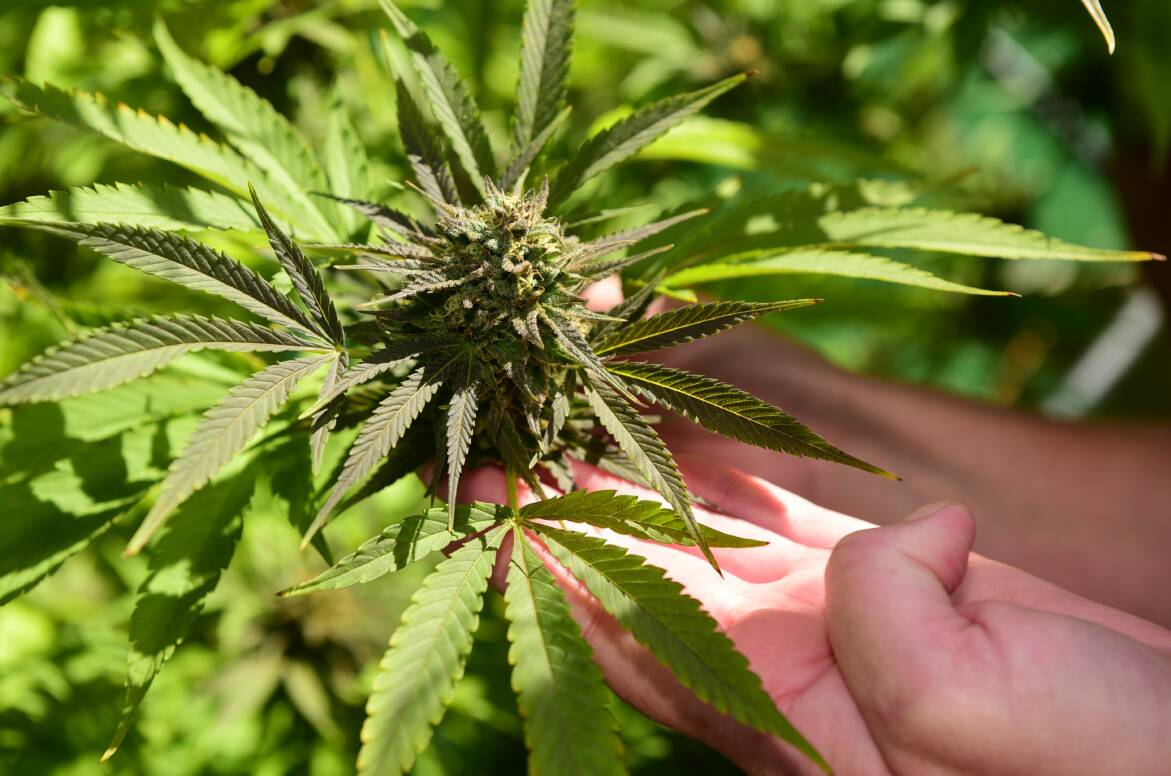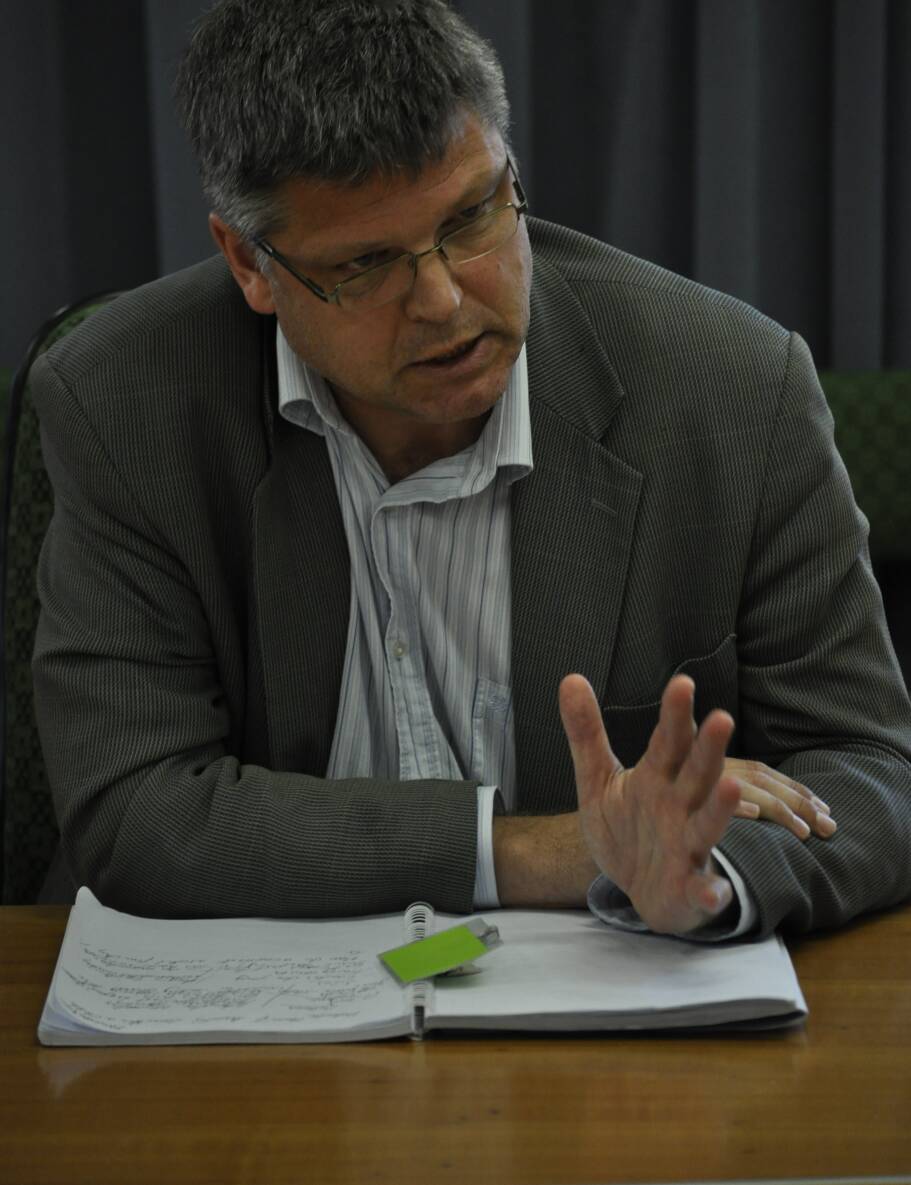
A bill to legalise recreational cannabis and allow six cannabis plants per household would be "bad for people's health", the Australian Medical Association believes.
The bill would allow registered cannabis dispensaries and cafes, along with personal use for adults.
NSW crime statistics shows that 797 people faced court for cannabis use or possession in the Hunter - among 15,169 people across NSW - in the year to September 2023.
However, the AMA told a Senate inquiry on Wednesday that legalising cannabis was "not in the best interests of the health of the Australian people".
Dr Michael Bonning, of the AMA, said "decriminalisation would be a significant step forward, but we do not at this point support any form of legalisation".
The AMA believes cannabis should be "treated first and foremost as a health issue instead of a criminal issue".
Dr Bonning raised concerns that cannabis affects mental health, including "reduced brain function, anxiety, panic attacks, paranoia and memory loss".
He said cannabis users were more likely to develop psychosis or schizophrenia, adding that legal cannabis could add to emergency department demands.
Greens senator David Shoebridge, who put forward the Legalising Cannabis Bill 2023, asked Dr Bonning to consider the health effects of the unregulated cannabis market.
Mr Shoebridge said the health effects of cannabis were "aggravated" in an illegal market run by "organised crime, bikie gangs and dealers".
He said Canada's legal cannabis market had led to a "reduction in people smoking cannabis", given the use of oils and edibles for example.
Canadian public health research showed a "well regulated legal market wipes out the illegal market" for cannabis.
His bill would enable not-for-profit co-operatives to grow cannabis for a legal market.
It would aim for a tax rate that doesn't hike prices and force people back to the black market.
A national cannabis agency would be created to register strains of the plant and regulate growing, possession, manufacturing and selling.
It would ban cannabis advertising, except at the point of sale, and ensure quality control of products.
The Greens argued that the world was rapidly moving away from the "damaging criminal and policing approach to cannabis".
While almost 800 people faced court for cannabis use or possession in the Hunter last year, this fell from 926, 1040 and 1523 cases in the three years prior.
More than 500,000 applications to prescribe medicinal cannabis have been approved in Australia since 2016.
Many countries have legalised the medicinal use of cannabis.
Those to have legalised recreational use include Canada, Thailand, Mexico and numerous US states.
More than 24,000 people in the Hunter voted for the Legalise Cannabis Party at the state election in March, with the largest proportion of votes coming from the mining belt.
The Australian Lawyers Alliance told the Senate inquiry that it supported the Greens' bill.
Barrister Greg Barns SC, a criminal justice spokesman for the alliance, said "the current system is not only farcical, it's hypocritical".
"We know lawyers use it [cannabis], police use it, military people use it - particularly for medicinal purposes," Mr Barns said.

Mr Barns said police had told him "what a waste of time" it was to enforce cannabis laws.
"Criminalisation of cannabis means young people, and particularly First Nations people, are overpoliced," he said.
He had "not met a magistrate or judge" who thought it made sense that alcohol was legal, while cannabis was not.
"My clients don't commit offences when they've just used cannabis. They do when they've over-consumed alcohol."
He said 91 per cent of cannabis offences before the courts were "for personal use, not trafficking or selling".







